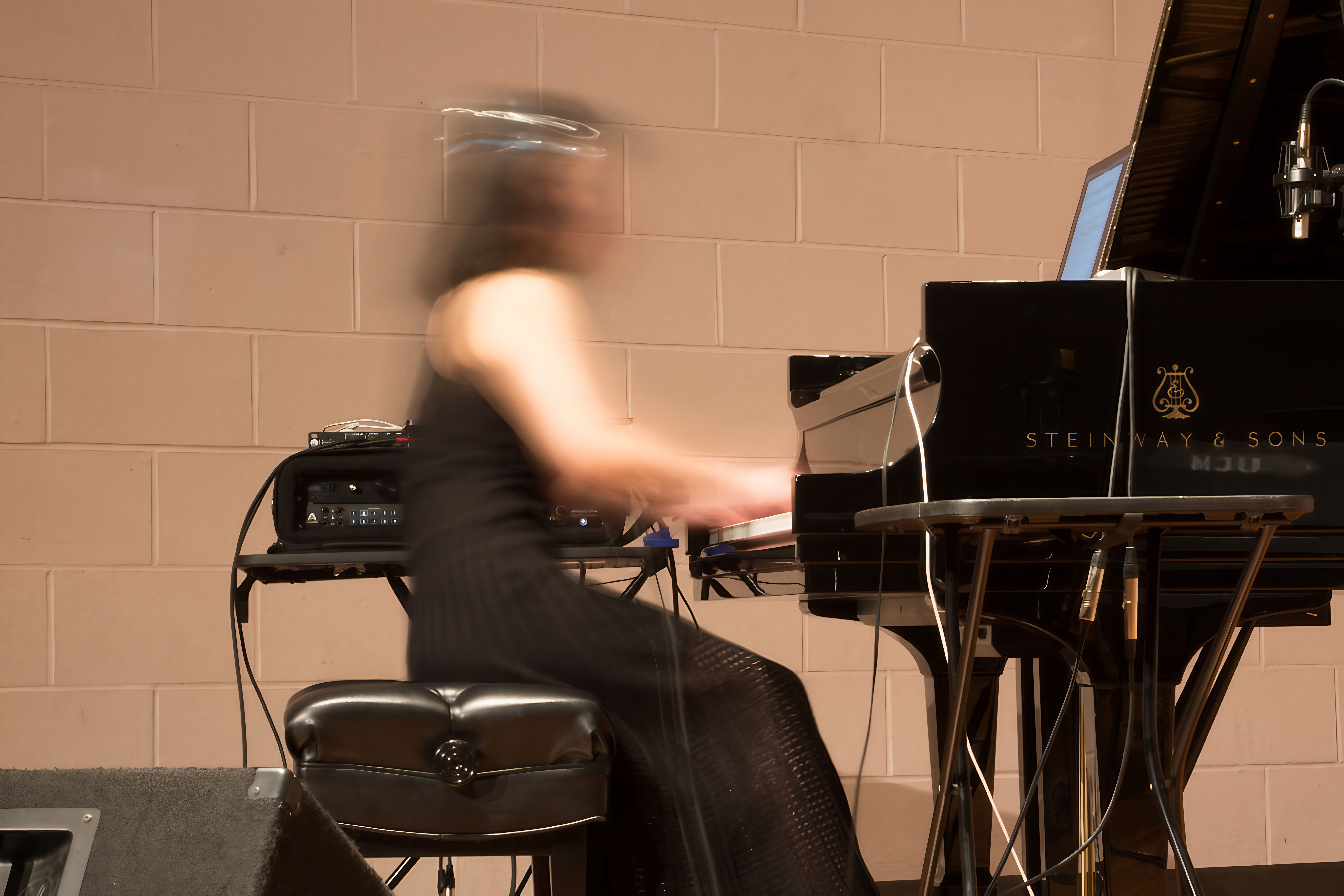

Today we’d like to introduce you to Peiyao Yu
Hi Peiyao, thanks for sharing your story with us. To start, maybe you can tell our readers some of your backstory.
I started learning piano at age 5, inspired by a memorable visit to a friend’s house. She played ‘Für Elise’ wearing a princess dress, and that image deeply moved my young heart – not just the music itself, but the whole essence of elegance it represented. Although none of my family members had any connection to the music industry, my parents managed to invest in what they called ‘the most expensive toy’ – my first piano.
My musical journey seemed predestined from that moment: I went through specialized music schools, then pursued my undergraduate and graduate studies in music, eventually completing my doctorate. What truly helped me find my unique voice was my later encounter with the pipe organ. This wasn’t a planned turn, but rather a wonderful coincidence. Under the guidance of two insightful professors, I discovered an irresistible attraction to the organ. If piano is my first language, then the organ opened up entirely new horizons in my musical exploration.
In recent years, I’ve been actively pushing the boundaries of traditional classical music. I’m particularly drawn to minimalism and innovative soundscapes, especially the fusion of electronic and classical instruments. I’ve premiered some cutting-edge contemporary works, including pieces that incorporate video and audio editing, speaking pianist performances, and various electronic music experiments. My portfolio spans from solo performances to collaborative projects with composers and multimedia artists. These cross-disciplinary experiences have reinforced my belief that music shouldn’t be confined by conventional frameworks – innovation is what keeps art alive and evolving.
I’m sure it wasn’t obstacle-free, but would you say the journey has been fairly smooth so far?
The journey certainly hasn’t been smooth, and perhaps my biggest challenge – one that might surprise many – has been maintaining a sense of wonder and excitement in music. Having started piano at age 5 and continued without interruption, I’ve experienced periods where the classical repertoire began to feel predictable. When you’re deeply immersed in something for so long, you start recognizing patterns, and sometimes this familiarity can diminish the initial magic.
However, this challenge ultimately became a catalyst for growth. It pushed me to question conventional boundaries and explore new musical territories. I began to ask myself: Does a piano performance have to follow traditional formats? Why do we keep circulating the same repertoire when there’s so much unexplored musical territory?
This curiosity led me to discover and promote works by underrepresented voices in classical music – female composers, Asian composers, Black composers, and living composers who are creating innovative works today. It’s fascinating how expanding our musical horizons can completely transform our perspective. What initially felt like limitations became opportunities for discovery and creation.
Looking back, I realize those moments of questioning were actually crucial for my artistic development. They weren’t signs of losing interest, but rather an intuitive push toward broadening my musical landscape and finding new ways to express creativity. This journey has taught me that sometimes the greatest growth comes from challenging our established patterns and seeking fresh perspectives in unexpected places.
Alright, so let’s switch gears a bit and talk business. What should we know about your work?
Currently, I serve as the organist at St. Michael and All Angels Episcopal Church in Studio City. While this role might seem straightforward at first glance, it encompasses far more than just accompanying hymns, psalms, and anthems. It requires creativity, versatility, and deep musical understanding.
A significant part of my work involves creating original arrangements, including hymn introductions, bridges, and reharmonizations. Improvisation is also crucial – providing appropriate background music during various moments of the service. Additionally, I’m responsible for selecting and performing preludes and postludes, which allows me to bring diverse musical offerings to our congregation.
What I’m most proud of is how I’ve approached this role as an opportunity for both musical excellence and spiritual service. Over the past three years, I’ve maintained a remarkably low repetition rate (around 10%) in my prelude and postlude selections, introducing our congregation to a wide range of sacred music – from Renaissance pieces to contemporary works, including new compositions by living composers. I believe this variety not only enriches our worship experience but also helps bridge the gap between traditional and contemporary sacred music.
Perhaps what sets me apart is my understanding that church music isn’t just about performance – it’s about creating meaningful connections through music. One of my most touching moments was after performing Widor’s Toccata as a postlude on Easter Sunday, when an elderly choir member, with tears in his eyes, shared how the piece brought back precious memories. These moments remind me that music in worship is about serving both God and the congregation, creating a space where musical excellence and spiritual connection can flourish together.
This role has taught me that being a church musician is truly about finding the perfect balance – between tradition and innovation, between technical precision and emotional expression, between personal artistry and communal worship. It’s about using my musical gifts to serve a higher purpose while continually growing as an artist.
We all have a different way of looking at and defining success. How do you define success?
I believe success is highly personal – each individual has their own definition of what it means to be successful. For me personally, success lies in maintaining a delicate balance. As a musician, I find immense joy both in exploring avant-garde, experimental music and in performing traditional repertoire that deeply resonates with audiences.
Perhaps what makes me feel most successful is when I can create bridges between these seemingly different musical worlds. When I can introduce innovative elements to traditional settings, or when I can make experimental music more accessible and meaningful to people who might not typically engage with it – these moments feel like true achievements to me.
Most importantly, I believe success is about creating ripples of positive impact through music, regardless of its form. Whether it’s premiering a bold new composition that challenges perspectives, or performing a beloved classical piece that brings comfort and joy, success is when my music can touch people’s hearts and perhaps open their minds to new possibilities. It’s about honoring both tradition and innovation while making both accessible to more people.
In the end, my personal definition of success is being able to continue this musical journey of exploration and service, always staying true to both my artistic vision and my commitment to connecting with others through music.
Contact Info:
- Website: https://yupeiyao.com
- Youtube: https://www.youtube.com/@yupeiyao719
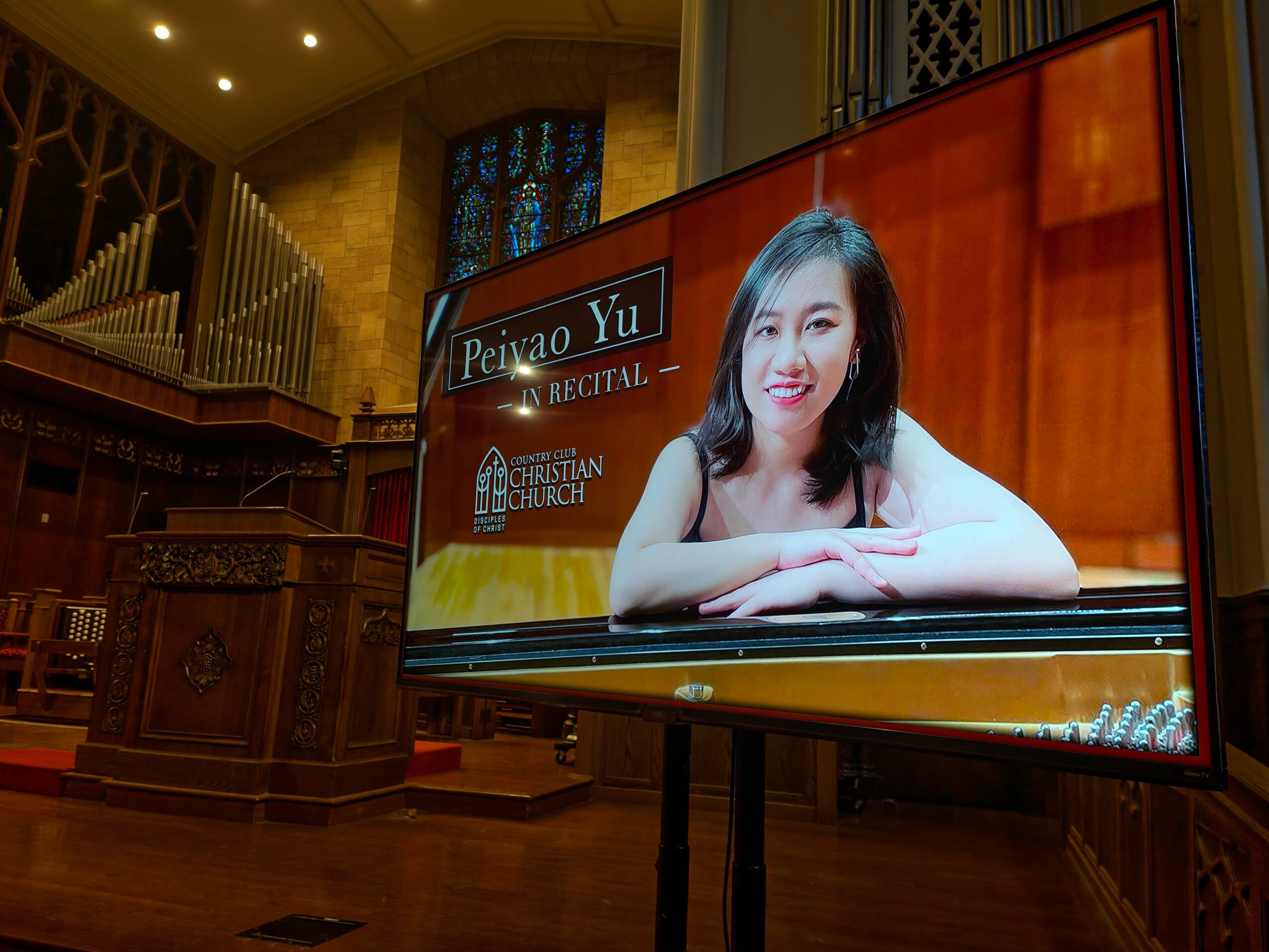
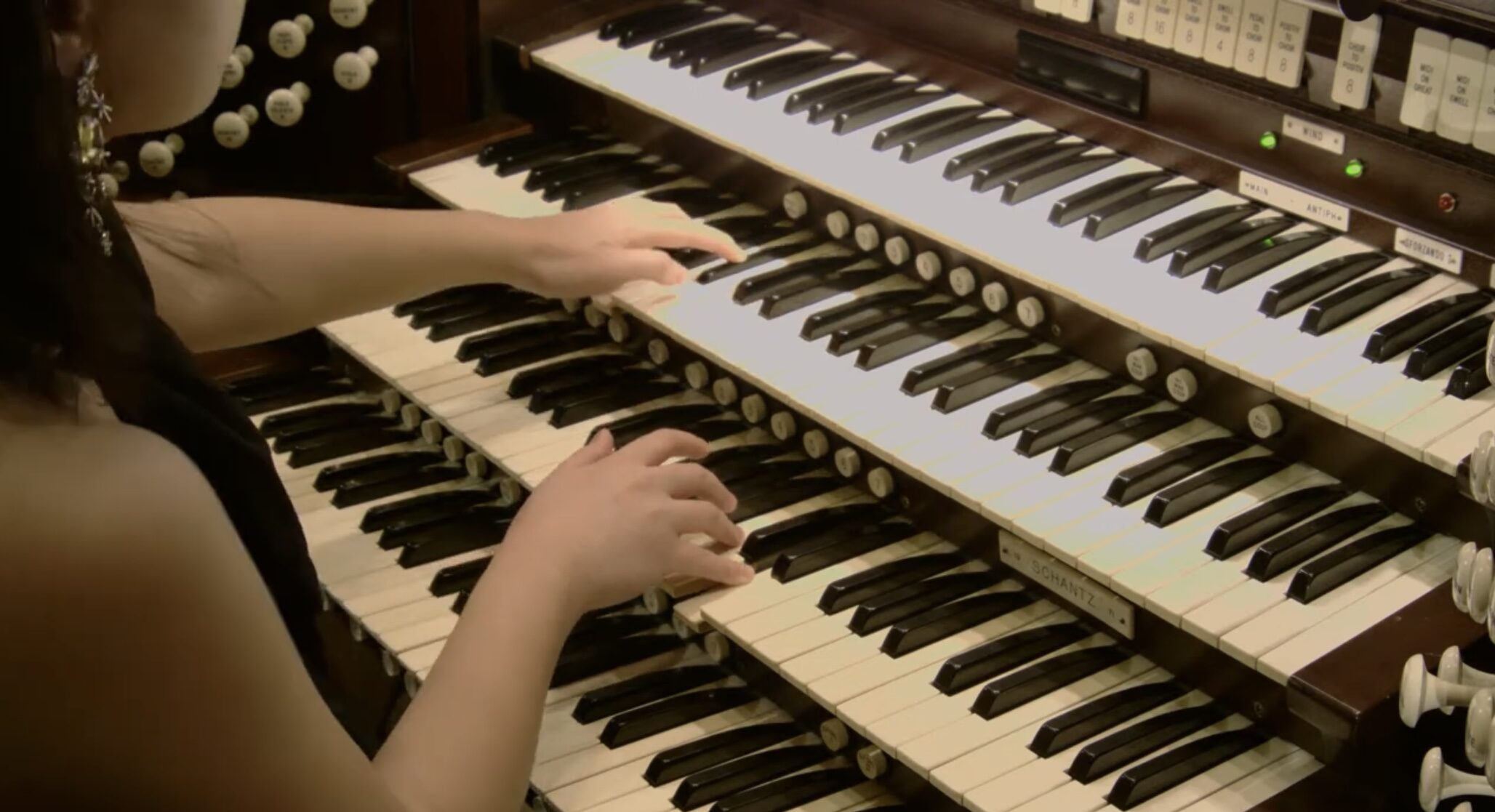
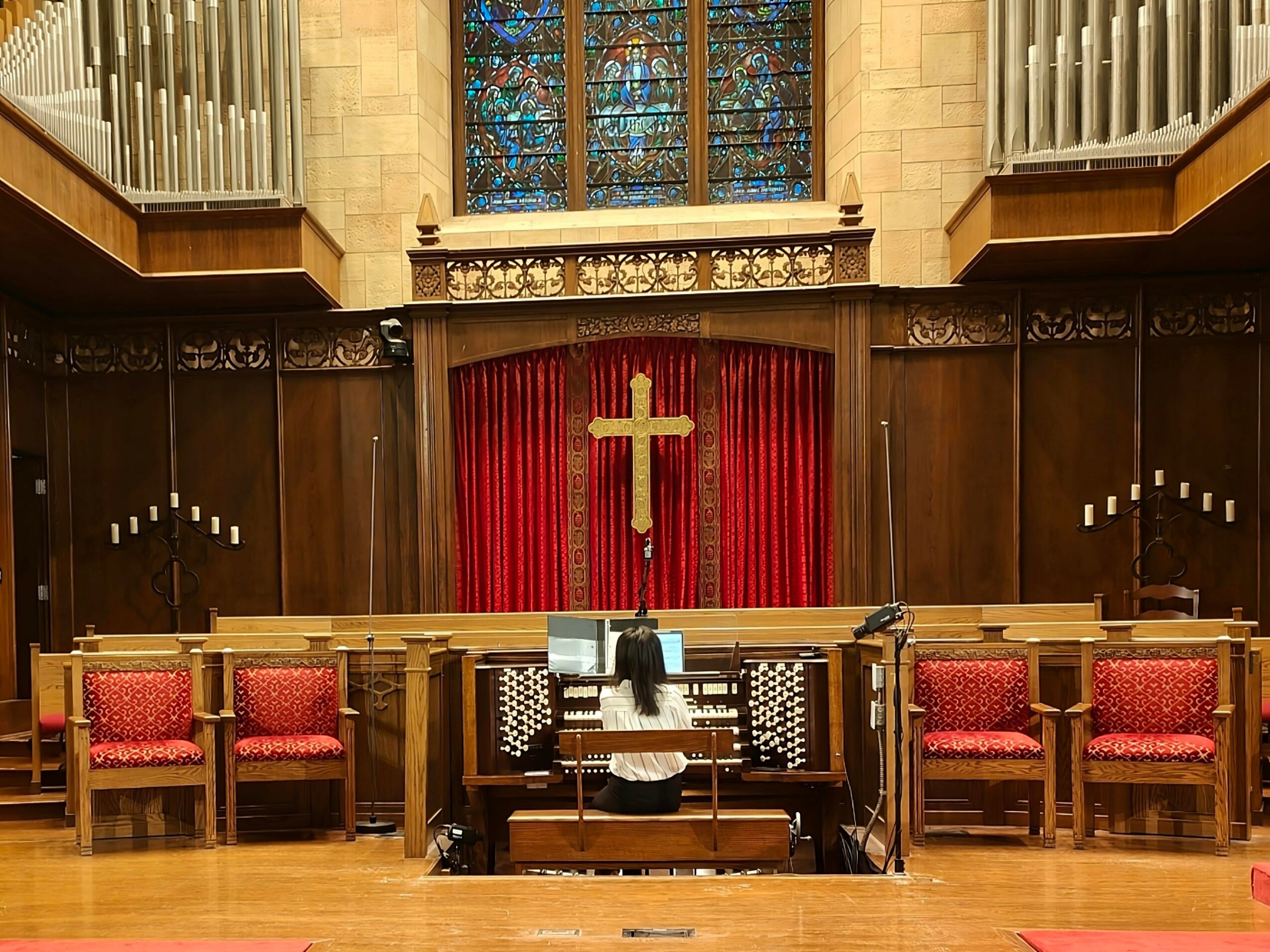
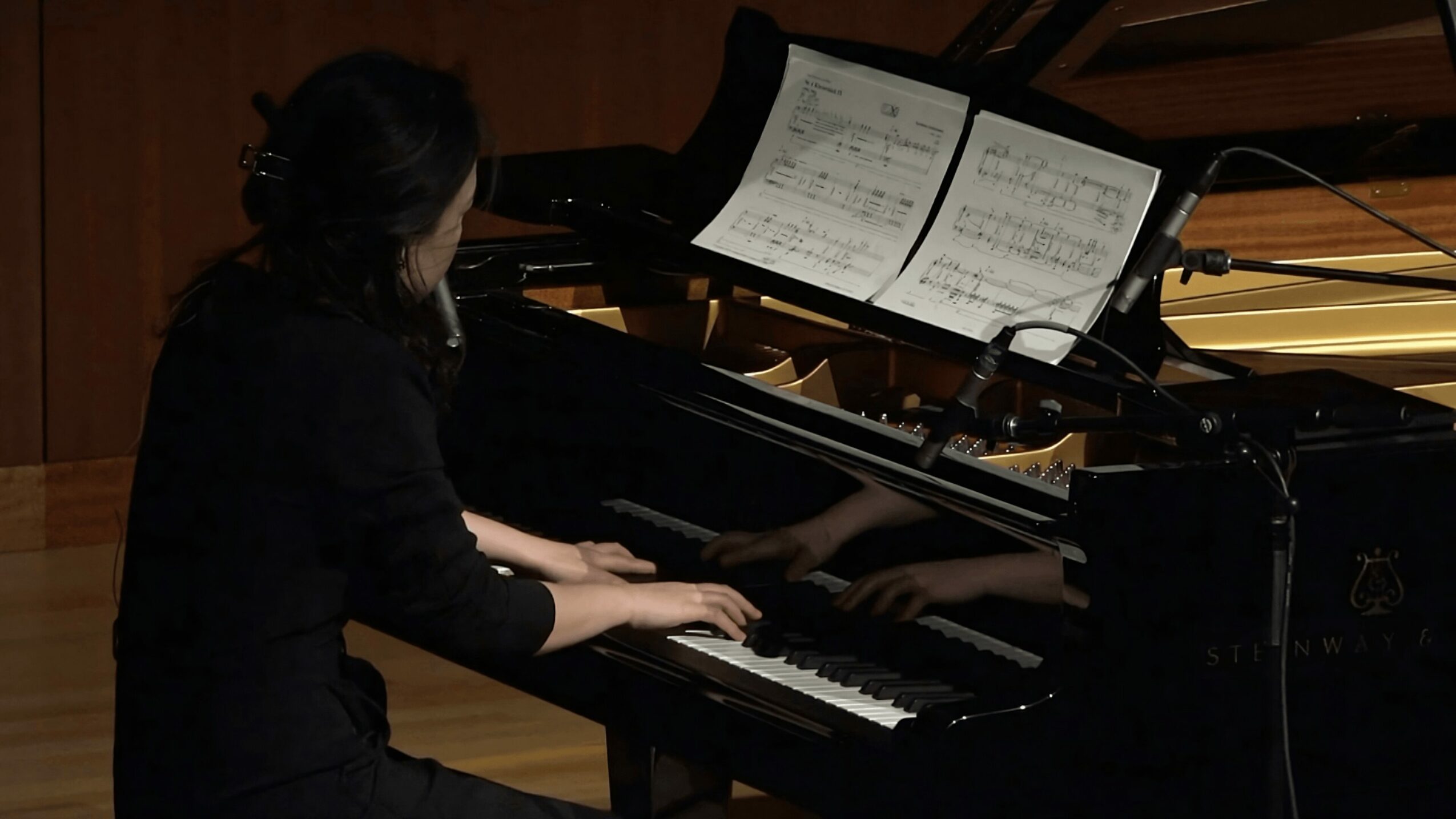
Image Credits
Michael Bersin














